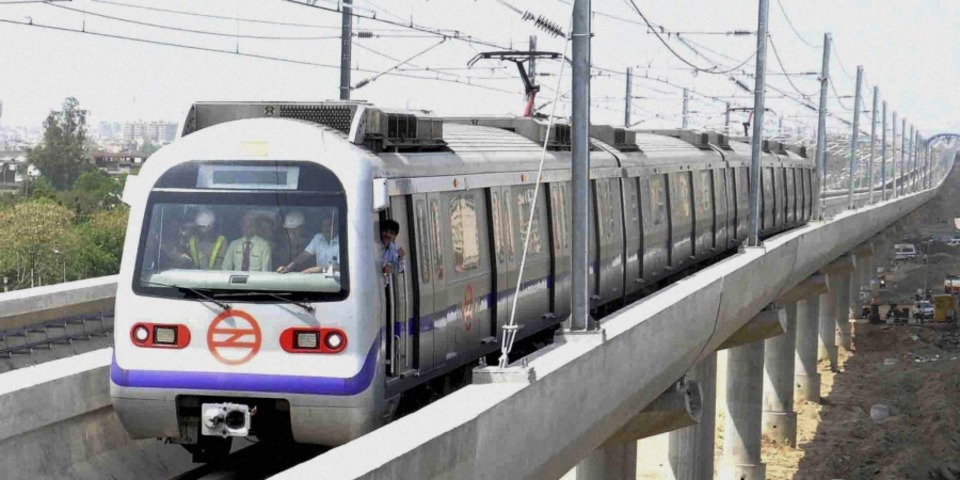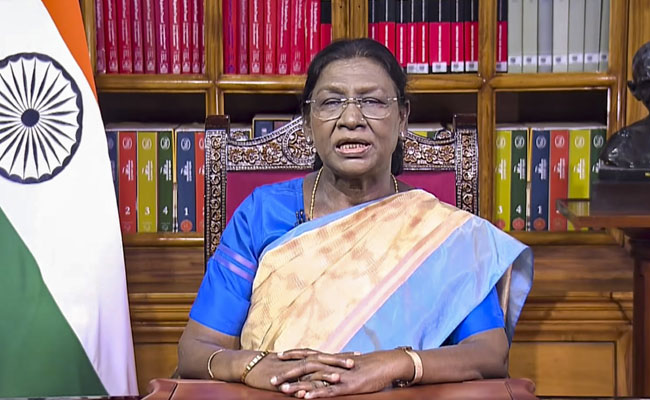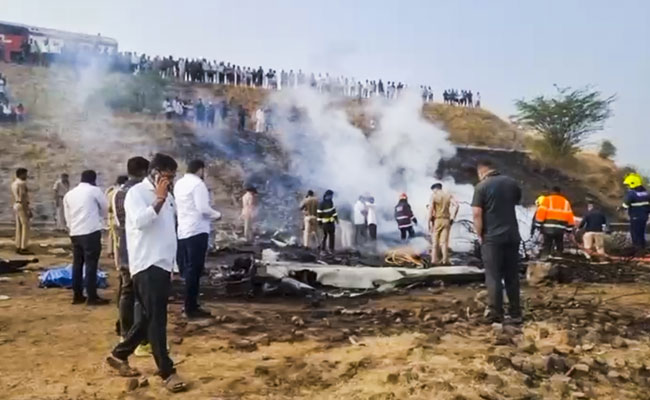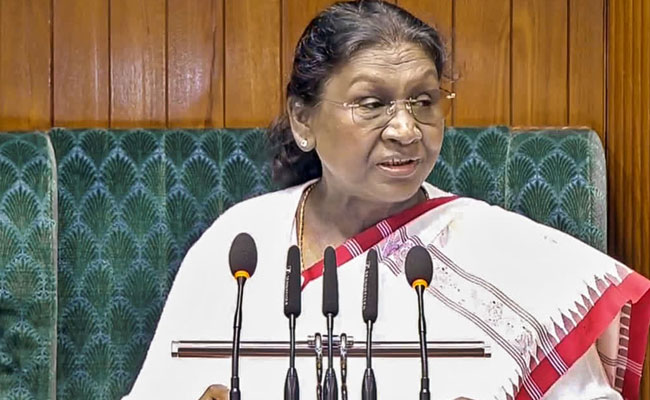New Delhi: In a first, the Delhi Metro, starting Thursday, will provide on social media real-time average waiting duration at a few busy stations during morning and evening peak hours, officials said.
The information will be provided in case the waiting time goes beyond 20 minutes, they said.
This initiative is aimed at helping commuters plan their journey effectively so as to avoid long queues at entry or exit, amid the COVID-19 pandemic, officials said.
"In a first, the Delhi Metro Rail Corporation will provide real-time average waiting time at selected busy stations during morning and evening peak hours, in case the waiting time goes beyond 20 minutes," the DMRC said in a statement.
Starting November 12, the official social media pages, handles of the DMRC will post updates on the average waiting time at ten stations during peak hours in the morning (8:30 AM to 10:30 AM) and evening (5:30 PM to 7:30 PM), it said.
The stations covered under this initiative are -- Chandni Chowk, Chawri Bazaar, Patel Chowk, Rajiv Chowk, Central Secretariat, Huda City Centre, Lal Quila, Barakhambha Road, JLN Stadium and Saket, the DMRC said.
The operations staff deployed at these stations will continuously monitor the crowd at these stations during peak hours and assess the waiting time.
The same will further be informed to commuters if it goes beyond 20 minutes, through official social media handles and pages of DMRC. In case of any fluctuations in traffic or crowd, the waiting time will be modified accordingly and will be also informed subsequently, it said.
The selection of these stations and the timings for providing updates has been done on the basis of traffic observed during peak hours.
"This is being started on an experimental basis and will be considered for implementation on more stations, if required, on the basis of the feedback received from the commuters," it said.
Presently, commuters are being permitted into metro stations only after adhering to prescribed COVID-19 safety norms. The number of passengers in the trains has also been restricted to ensure social distancing.
The DMRC has also advised commuters to keep at least 15-20 minutes extra time for their travel due to the new travel protocols in place which were implemented when the metro services resumed from September 7 onwards.
Let the Truth be known. If you read VB and like VB, please be a VB Supporter and Help us deliver the Truth to one and all.
New Delhi (PTI): President Droupadi Murmu on Wednesday said the world saw the valour of Indian armed forces through Operation Sindoor when they destroyed terror camps on the strength of their own resources and asserted that any terror act will be responded with decisive action.
"India has proved that power can be used with responsibility and wisdom. The world has seen the valour and courage of Indian armed forces through Operation Sindoor," Murmu said in her address to both Houses of Parliament, marking the beginning of the Budget Session.
"Our nation, on the strength of our own resources, destroyed terror camps. My government sent a message that any act of terror will be responded to with resolute and decisive action," the President said, amid thumping of desks by Prime Minister Narendra Modi and other parliamentarians.
Murmu said the suspension of the Indus Water Treaty was part of India's fight against terror.
"We are also working on Mission Sudarshan Chakra to further strengthen national security," the President said, adding that security forces have also taken decisive action against Maoist terror.
Following Operation Sindoor, she said, the trust on Indian defence platforms has increased.
Murmu further said her government was committed to social justice in the country.
In the third term of the government, she said, work is being done to further empower the poor, and social security benefits are available to nearly 95 crore citizens now.
"My government is committed to true social justice," she said, adding that 25 crore Indians moved out of poverty in the last 10 years.
The President also said the government has been successful in tackling corruption and scams, and ensuring proper use of public funds.
"For India, the end of the first 25 years of this century has been filled with several successes, proud achievements and extraordinary experiences. In the last 10-11 years, India has strengthened its foundation in every sector," she said.
Lauding India's celebration of the 350th martyrdom day of the ninth Sikh guru, Guru Tegh Bahadur, and the country's tribute to revered tribal leader and freedom fighter Birsa Munda on his 150th birth anniversary, Murmu said, "when the country remembers the contribution of its ancestors, the new generation gets inspiration, which further speeds up our journey towards Viksit Bharat (Developed India)."
"The country celebrated the 350th Shaheedi Diwas of Sri Guru Tegh Bahadur Ji. During the 150th birth anniversary of Birsa Munda, the entire country paid him tribute and remembered his contribution to the tribal community," the President said.
"The events related to the 150th birth anniversary of Sardar Vallabhbhai Patel further strengthened the sense of Ek Bharat, Shresht Bharat (One India, Best India). The entire country became witness to how Bharat Ratna Bhupen Hazarika's birth anniversary celebrations filled the country with music and a sense of unity," Murmu said.
The President's mention of the Viksit Bharat – Guarantee for Rozgar and Ajeevika Mission (Gramin) (VB-G RAM G) scheme was met with loud protests from the Opposition benches.
Murmu said the VB-G RAM G initiative would provide guarantee for 125 days of work, would stop corruption and leakages, and provide a new impetus to rural development.
The Opposition members raised slogans demanding its rollback, even as the treasury benches thumped their desk in support of the scheme.
The President had to take a brief pause amid opposition cries of "vapas lo" (roll back) against the Act that replaced the Mahatma Gandhi National Rural Employment Guarantee Act (MGNREGA).
The Opposition parties have been demanding withdrawal of the VB-G RAM G Act and restoration of MGNREGA as a rights-based law in its original form, the right to work and the authority of panchayats.
The government has, meanwhile, claimed that the new Act will further strengthen the guarantee for rural employment.





